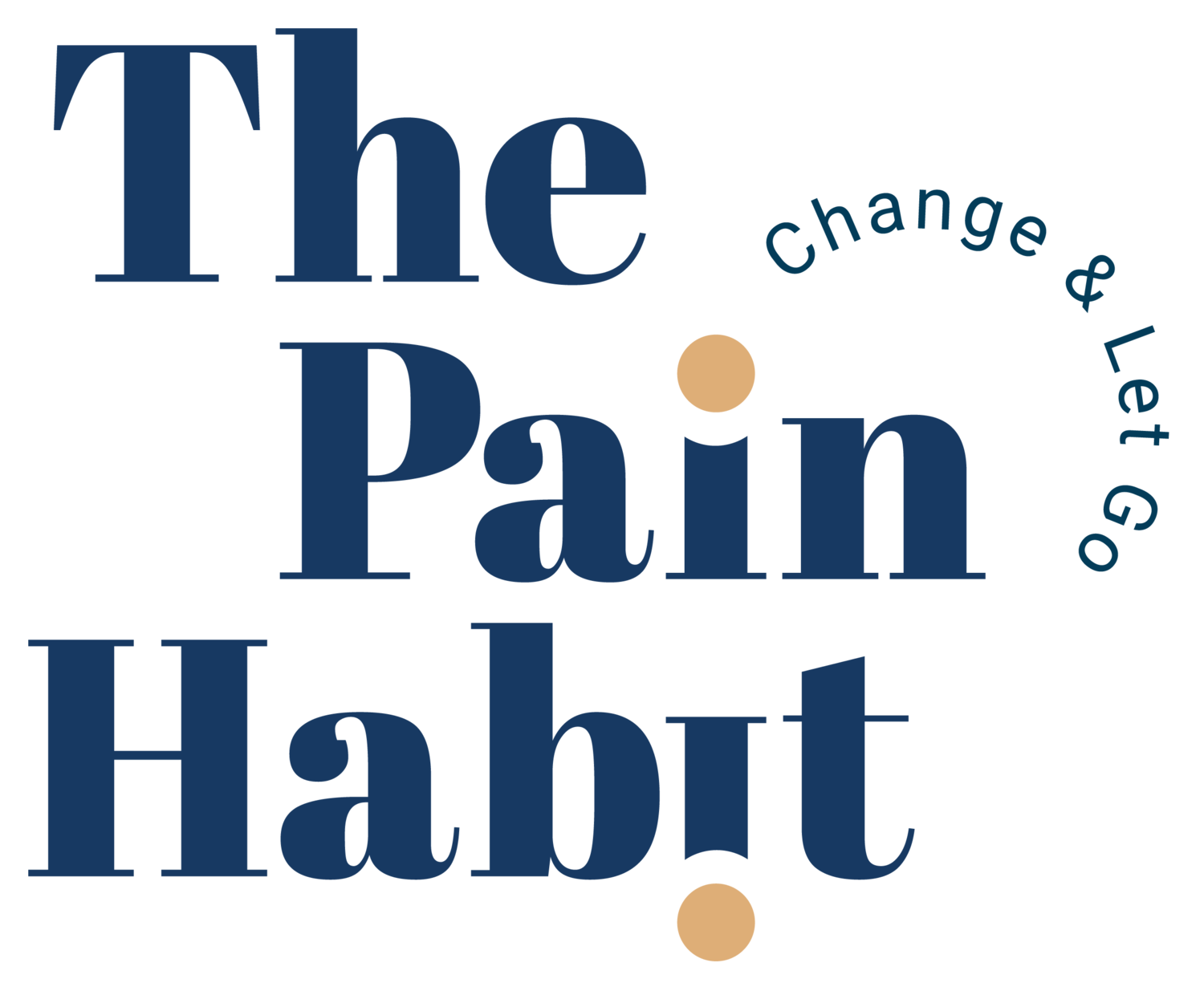When Pain’s Meaning Gets Misplaced
We tend to think of pain as a direct reflection of what’s happening in our body. If it hurts, something must be wrong.
But persistent pain doesn’t always follow that rule. Sometimes, the brain misattributes the meaning of pain — linking it to the wrong cause and keeping the cycle alive.
Case in Point — “Alex”
Alex developed what appeared to be plantar fasciitis: persistent heel pain that persisted for months despite rest, stretching, and footwear adjustments.
But the timing told a different story.
The pain began shortly after Alex’s father passed away. Alongside grief, they were juggling family pressures, work stress, and the need to “hold everything together.”
The pain often flared not after long walks, but during family gatherings or when reminders of loss surfaced.
This wasn’t about damaged tissue anymore. It was about the nervous system linking pain to emotional strain — a misattributed meaning.
Why This Happens
Pain is a protective response. If your brain perceives threat — whether physical, emotional, or social — it can turn the volume up on pain to get your attention.
When pain persists, the nervous system may associate it with neutral cues — like certain shoes, sitting positions, or even the time of day. These cues aren’t dangerous, but they become wired into the pain response.
The result? Ongoing pain with no clear injury, leading people to blame posture, age, footwear, or the weather instead.
Breaking the Cycle
Recognising that pain’s meaning can be misplaced takes away some of its power.
Recovery comes from:
Understanding the link between life events and symptoms.
Reframing pain as protection, not damage.
Gently retraining the nervous system with safe movement, calming practices, and emotional processing.
Takeaway
Pain is always real — but its meaning isn’t always accurate.
When we question the story our nervous system is telling, we open the door to change.
Pain doesn’t always mean damage — sometimes it means your nervous system is trying too hard to protect you.
You don’t have to figure this out alone. Here are some helpful next steps…
Join our FREE private Facebook group, The Pain Habit Community, to see how others have successfully returned to a pain-free life. Get support on your journey.
Sign up for The Pain Habit Blog below.
Subscribe to The Pain Habit YouTube channel.
Buy The Pain Habit book. Order here.


